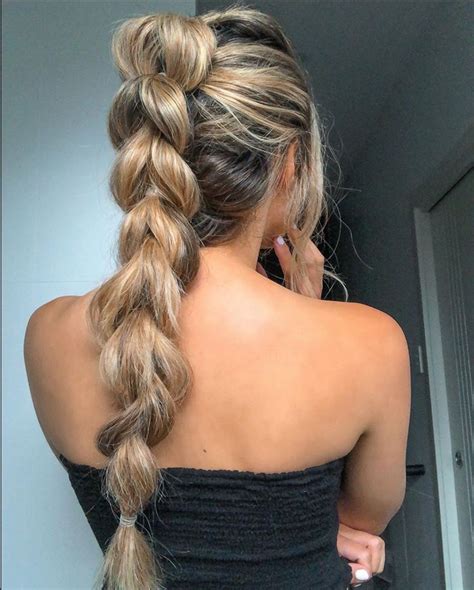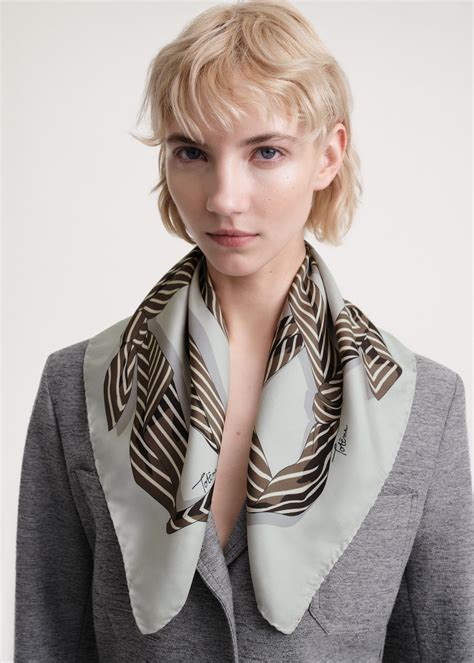Introduction
Scarves and turbans have been cherished accessories for centuries, transcending cultural and fashion boundaries. With their versatility and timeless appeal, they have become essential wardrobe staples. From providing warmth and protection to enhancing personal style, these textiles offer endless possibilities for self-expression and functionality.

Scarves: A Classic Accessory
History and Evolution
Scarves have a rich history dating back to ancient times. The earliest scarves were used for practical purposes, such as warding off the cold or protecting the head from the sun. Over time, they evolved into decorative accessories, adorned with embroidery, prints, and embellishments.
Types of Scarves
Scarves come in a wide variety of materials, colors, and patterns. Common types include:
- Silk Scarves: Luxurious and elegant, silk scarves are perfect for formal occasions.
- Wool Scarves: Warm and cozy, wool scarves provide excellent protection against the elements.
- Cotton Scarves: Breathable and versatile, cotton scarves are suitable for a range of seasons.
- Cashmere Scarves: Exceptionally soft and warm, cashmere scarves are an investment piece.
Styling Tips
Scarves can be worn in countless ways, from classic knots to creative draping. Here are a few popular styles:
- Infinity Scarf: A seamless loop that can be worn around the neck, head, or hair.
- Pashmina Shawl: A large, rectangular scarf that can be draped over the shoulders or head.
- Necktie Scarf: A narrow scarf tied around the neck like a tie, adding a touch of sophistication.
Turbans: A Symbol of Culture and Style
History and Origin
Turbans have been worn by various cultures around the world for centuries. They hold religious, cultural, and social significance, often reflecting traditions and ethnic identity. In some countries, turbans are associated with royalty, honor, and wisdom.
Types of Turbans
Turbans vary in shape, size, and style. Common types include:
- Sikh Turban: A large, rounded turban worn by Sikh men as a symbol of their faith.
- Rajasthani Turban: A colorful and elaborate turban worn by men in Rajasthan, India.
- Fes: A traditional Moroccan hat with a tassel on the top.
- Hijab: A headscarf worn by Muslim women as a symbol of modesty.
Styling Tips
Turbans can be worn in both traditional and contemporary styles. Here are a few tips for incorporating turbans into your wardrobe:
- Accessorize with Earrings: Long, dangling earrings can complement a turban and add a touch of elegance.
- Add a Hatband: A decorative hatband can enhance the style of a turban and create a unique look.
- Choose Vibrant Colors: Bold and vibrant colors can make a turban a statement piece and add a burst of energy to your outfit.
Scarves and Turbans in the Modern Era
Scarves and turbans have continued to evolve in the modern era, adapting to changing fashion trends and societal norms. They are now widely used as statement accessories, complementing a variety of styles, from Bohemian to minimalist.
Benefits of Scarves and Turbans
Practical Benefits
- Warmth and Protection: Scarves and turbans provide warmth and protection from the elements, especially during cold weather.
- Sun Protection: When worn over the head, scarves and turbans can shield against harmful UV rays.
- Moisture Wicking: Moisture-wicking materials used in scarves help draw sweat away from the skin, keeping you dry and comfortable.
Fashion Benefits
- Enhance Personal Style: Scarves and turbans can be used to express personal style and individuality.
- Complement Outfits: They can complement any outfit, adding a touch of color, texture, or pattern.
- Accessorize and Embellish: Scarves and turbans can be accessorized with pins, brooches, or contrasting fabrics to create a unique look.
Creative Applications
Beyond traditional uses, scarves and turbans can be repurposed for various creative applications, including:
- Home Decor: As throw blankets, table runners, or wall tapestries.
- Gift Wrapping: As a unique and elegant way to wrap gifts.
- Art and Craft Projects: As materials for collage, embroidery, or other creative endeavors.
Tables
Table 1: Types of Scarves
| Material | Texture | Style |
|---|---|---|
| Silk | Smooth and lustrous | Formal |
| Wool | Warm and fuzzy | Cozy |
| Cotton | Breathable and lightweight | Versatile |
| Cashmere | Soft and luxurious | Investment |
Table 2: Types of Turbans
| Name | Origin | Shape |
|---|---|---|
| Sikh Turban | India | Rounded |
| Rajasthani Turban | India | Elaborate |
| Fes | Morocco | Conical |
| Hijab | Middle East | Rectangular |
Table 3: Benefits of Scarves and Turbans
| Category | Benefits |
|---|---|
| Practical | Warmth, protection, moisture wicking |
| Fashion | Enhances style, complements outfits |
| Creative | Home decor, gift wrapping, art projects |
Table 4: Styling Tips for Scarves and Turbans
| Accessory | Style |
|---|---|
| Earrings | Long and dangling |
| Hatbands | Decorative |
| Bright Colors | Adds energy |
Strategies for Effective Use
- Mix and Match: Experiment with different scarves and turbans to create unique combinations.
- Consider the Occasion: Choose scarves and turbans appropriate for the occasion, whether it’s a formal event or a casual outing.
- Accessorize Wisely: Limit accessories to a few pieces to avoid overwhelming the look.
- Experiment with Draping: There are endless ways to drape scarves and turbans, so feel free to experiment.
Tips and Tricks
- Use a Scarves as a Belt: Thread a scarf through the belt loops of pants or skirts for a unique and stylish touch.
- Create a Headband: Fold a scarf in half and knot it around the head for a simple and elegant headband.
- Wear a Turban as a Neck Warmer: Fold a turban in half lengthwise and wrap it around the neck for warmth and protection.
- Accessorize with a Brooch: Add a touch of sophistication to a scarf or turban by pinning it with a decorative brooch.
Conclusion
Scarves and turbans are versatile and timeless accessories that have stood the test of time. With their practical and fashionable qualities, they offer endless possibilities for self-expression and creativity. Whether used for warmth, style, or artistic inspiration, scarves and turbans are essential wardrobe staples that continue to captivate and inspire.
